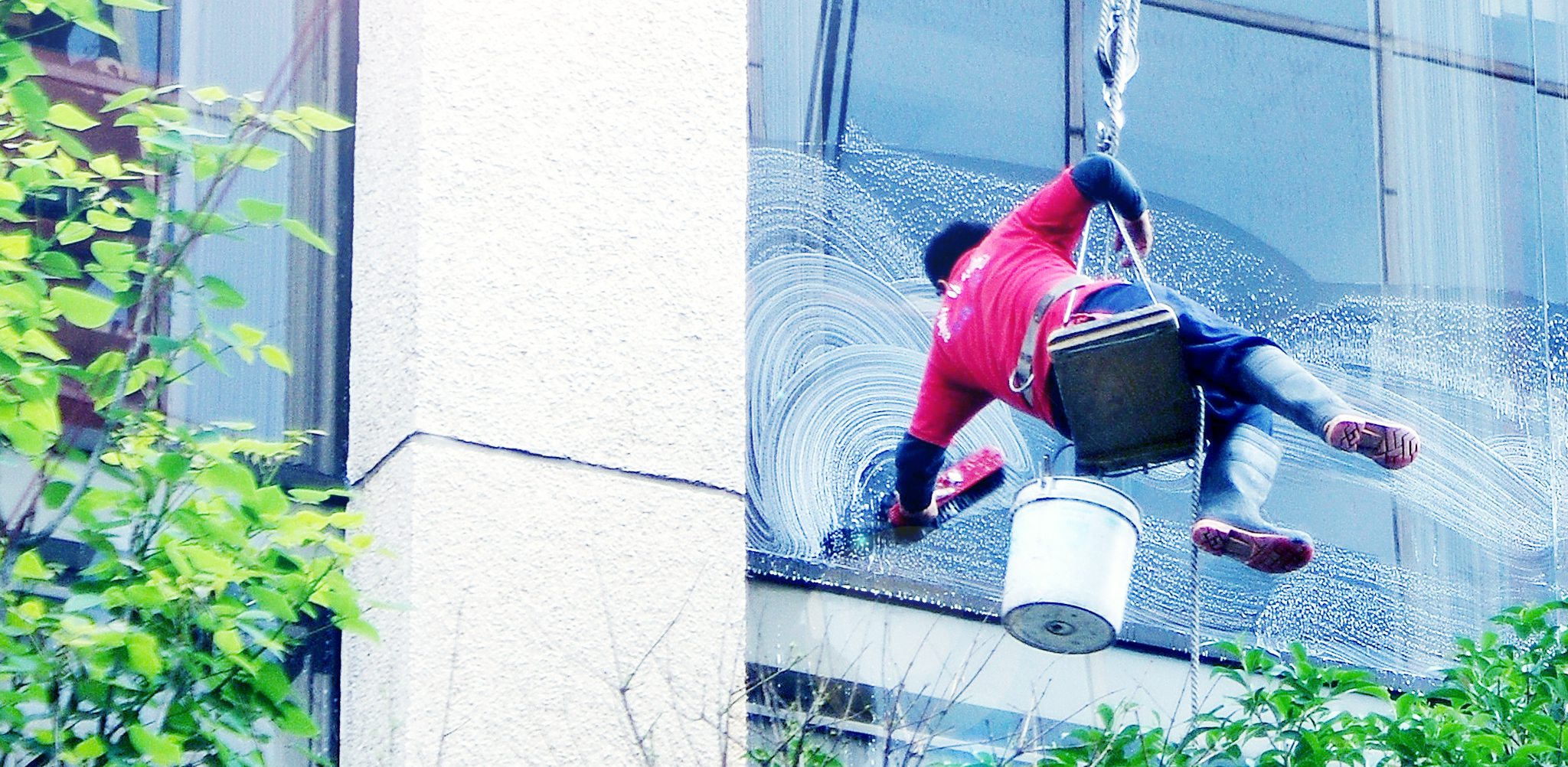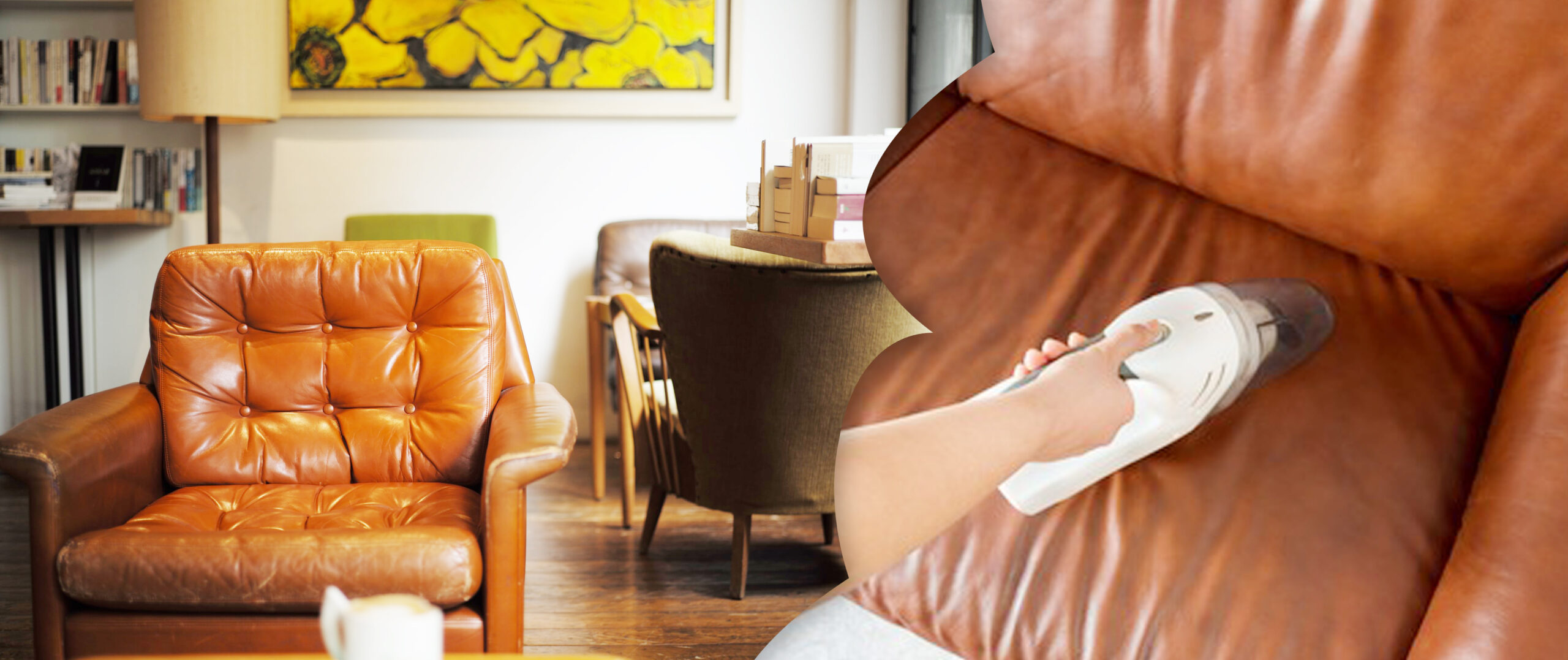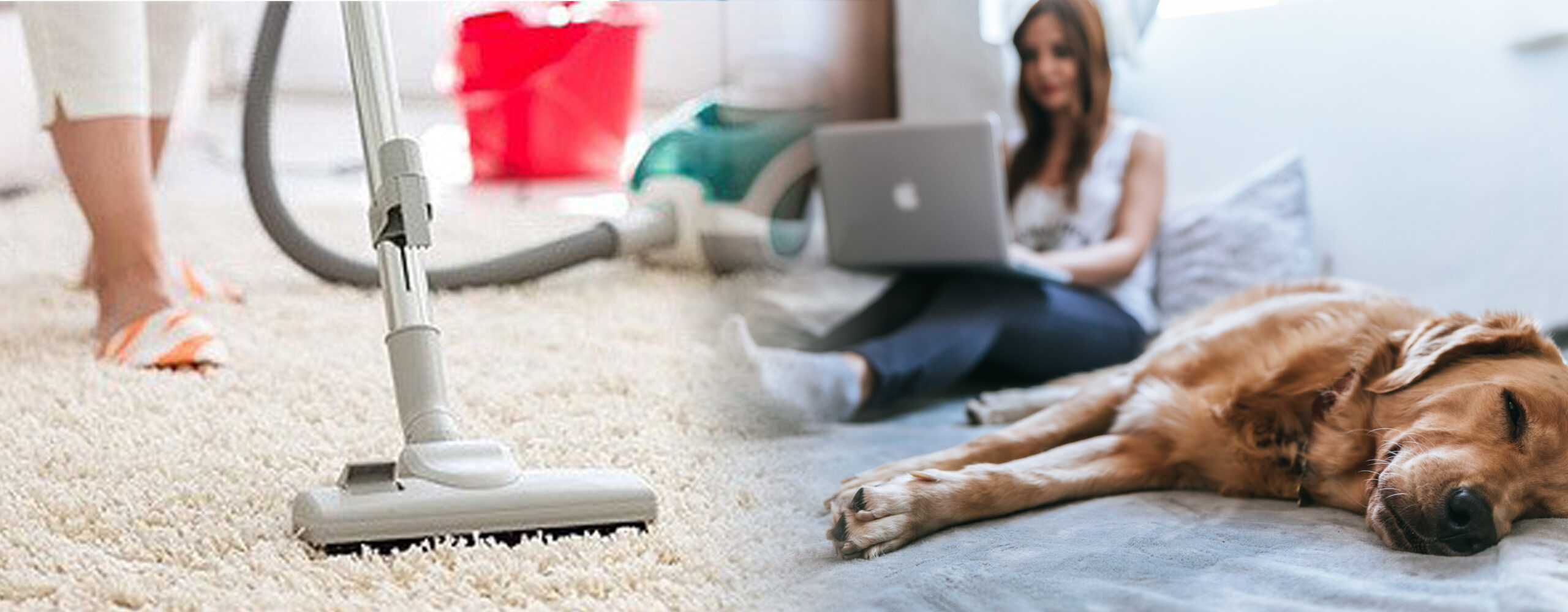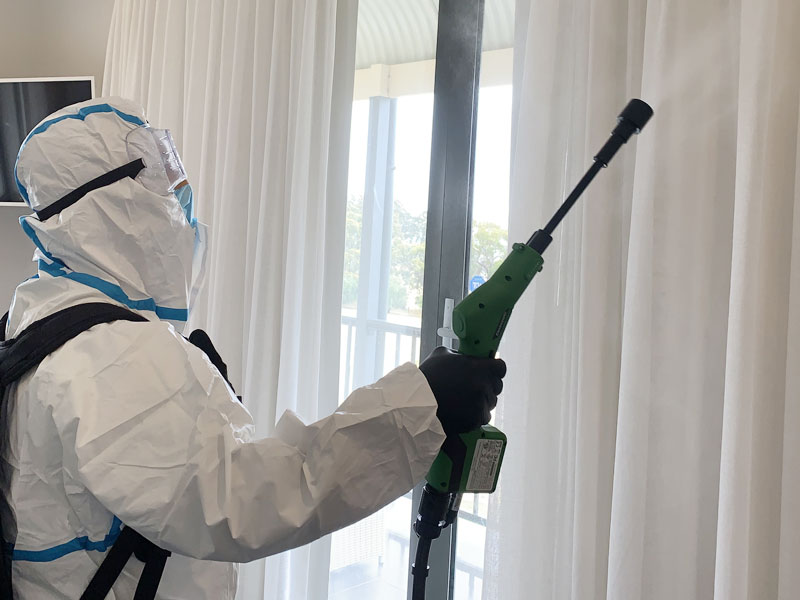Finding The Best Window Cleaner
No one likes the visage of dirty windows. A lot of dust on your window could cause an unpleasant permanent spot to appear. People who are living in regions with little rain face a lot of challenges in keeping clean windows. In most cases, you might realise that you have to clean your windows four times a month. Even though cleaning many windows can be tiring, it does not have to cost you all of your hard-earned income.
Have you ever realised that some professionals use cleaning products that are readily available to you at your home? More interestingly, armed with the right recipe, you could make some of these solutions entirely by yourself. Can you imagine that? Yes, you can! Let’s get right into it!
Table of Contents
Homemade Window Cleaners
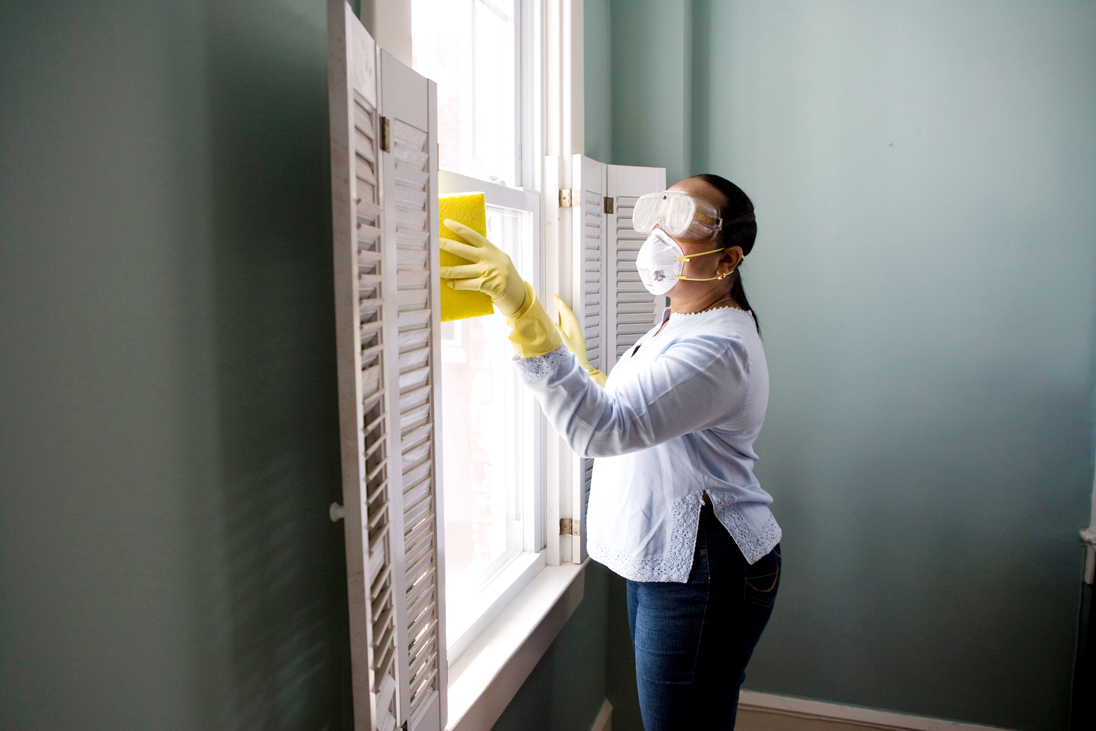
Have you noticed that most people prefer homemade window cleaners? What then could be the reason? Despite being almost readily available to you, domestic cleaners have the following advantages:
Advantages of Homemade Window Cleaners
- Domestic window cleaners are more advantageous than commercial window cleaners. To begin with, they are more budget-effective than commercial cleaners, and you already have most of the solutions and tools required for DIY glass cleaning. This saves you any extra costs.
- Homemade cleaners are eco-friendly. A solution such as vinegar is anti-bacterial and non-toxic. Vinegar kills germs on all the glass surfaces that you apply it on. Furthermore, it is very safe for you and your family. You do not need to panic if you accidentally inhale it.
- Homemade cleaners are effective on all surfaces, including bathroom windows and car windows.
- They are very convenient. There are various recipes, and you can always change the formula from time to time, as you desire.
Precautions When Using Homemade Window Cleaners
Homemade cleaners could go a good way with you. However, they could also cause you a lot of havoc if you do them inappropriately. Therefore, you need to be cautious about certain factors:
- Always use a clean spray bottle since used bottles could have residues inside that can cause unrequired reactions.
- Some cleaners, such as those containing vinegar on marble or slate, could highly damage your surfaces. Thus, it would be best to test in a small area to ascertain that the cleaner you plan to use is not detrimental.
- It’s recommend that you clean the glass surfaces from top to bottom. This method is effective in preventing streaks when cleaning windows from the top downwards.
- Allow your window cleaner enough time to work correctly before wiping with a microfiber cloth. Also, ensure that the microfiber cloth is clean before you use it on the glass surfaces. Remember, using paper towels or rags is not advisable since they could leave residue behind.
The Best Glass Cleaners
Vinegar Window Cleaning Solution
Vinegar is one of the best homemade cleaning products. Its acidic nature enables it to react quickly with the base used to break down the film that accumulates on glass surfaces. To obtain better results, mix two cups of distilled water and a quarter cup of 50% distilled white vinegar in a spray bottle.
If your glass surfaces are very grimy, it would be best to wash them with soapy water before spraying the vinegar. Distilled water is recommended since it is pure and less likely to leave behind stained glass surfaces. Shake gently to form a uniform mixture, then spray.
You could use a squeegee to clean from top to down, ensuring that you clean the edges of the window and wiping the edges of the squeegee after every rub. Further, it would be best to clean when the windows are not exposed to direct sunlight when using vinegar. Finally, rinse with clean water and dry the frames to avoid any damages.
Squeegee Cleaning
Even though it is difficult to get hold of a squeegee, it produces the best cleaning results. How is it done with a squeegee?
Scrub the Glass
To obtain better results, start by scrubbing the glass surfaces at all angles to ensure you clean all edges. It would help if you moved the squeegee horizontally across the glass. However, if you choose to move it vertically, which could be effective, it would be best to angle the squeegee to control the flow of extra water towards the uncleaned regions.
Cleaning a Starting Strip
Hold the squeegee appropriately, such that only its corner touches the glass. Clean a narrow strip of the glass from top to bottom, starting at the top corner. This method would make it easier to clean the glass surfaces horizontally.
For better results, hold the squeegee’s blade against the upper corner of the glass and then pull it gently across the window. Always ensure that the tip of the squeegee is in contact with the top edge of the window.
Wiping the Squeegee
You need to remove the excess water and dirt. Therefore, it is necessary to wipe the blade on a clean towel or across the scrubber at this stage.
Cleaning Down the Window
After cleaning the blade, start again, ensuring that the tip of the squeegee overlaps the initial stroke. To direct excess water down, pull the squeegee across the glass surface. Wipe with a microfiber cloth for better results. Repeat the process.
Wiping Off Excess Water
Use a cross-weave microfiber cloth to wipe away the excess water along the edges of the window. For better results, push your finger into any dry spot on a different clean rag, then move it along the edges of the window to remove any leftover lathers.
Rubbing Alcohol
Most people prefer adding rubbing alcohol to distilled water and vinegar to form a better cleaner. Rubbing alcohol increases the evaporation rates of the homemade glass cleaner. This helps in avoiding the remainder of streaks after cleaning. However, it is crucial to be careful with the concentration of the Isopropyl that you use.
Rubbing alcohol exists in various concentrations to as high as 90%. Those with high concentrations contain less water thus evaporate quickly. Using rubbing alcohol with high concentrations would mean that you work quickly to avoid leaving streaks behind. Therefore, to avoid any risks, it is recommended to use about 70% rubbing alcohol.
Using Dishwashing Liquid
Dishwashing liquid is also effective for cleaning glass surfaces. All you need is a few drops of the dishwashing liquid and sufficient hot water. Mix the two in a big bucket. Use the solution to clean your windows. Once again, remember to use distilled water to avoid streaks.
Alternatives To Window Cleaners

In this section, we explore the other better substitutes for homemade cleaners. Since they are commercial, some of these cleaners may be expensive but produce effective results.
Window Vacuum Cleaner
The most effective window vacuum cleaners are made using materials that allow them to remove dust and fine debris from the glass surfaces without leaving behind streaks. Window vacuum cleaners also efficiently remove condensation from the glass surfaces. Those who have used them have testified that they are effective on all glass surfaces, including car and bathroom windows.
However, it is recommended that you be aware of the charging time, the shape, and the price of the vacuum cleaner before you pick one. There are several kinds of window vacuum cleaners in the market; however, Karcher WV 6 Premium is currently the best window vacuum cleaner. Here’s how to operate a window vacuum cleaner:
- Step 1: If your vacuum cleaner is a rechargeable one, ensure that it is fully charged before you start using it.
- Step 2: After ascertaining that the dirty water tank is empty, use the scrubbing tools to remove any harsh streaks. Then, switch on the vacuum cleaner. To pull down the blade over the dirty water, fix a suction and squeegee on the head of your vacuum cleaner.
- Step 3: The window vacuum cleaner is designed to remove all the dirt on glass surfaces effectively. As it cleans, it sucks up the dirty water leaving the surfaces dry. Therefore, you should continue cleaning the glass surfaces until you see dirty water filling the tank.
- Step 4: Empty the water tank after you are done with the suction part. For better results, use a microfiber cloth to buff the glass surfaces in circular motions after using the window vacuum cleaner.
Best Cleaning Tips
What equipment should you use?
Best cleaning results come from using the right tools. What tools does one need then? Initially, people could use newspapers and rags to wipe off glass surfaces after cleaning. However, these materials have been found to leave behind streaks on window surfaces, thus proving ineffective.
The best equipment to use in wiping glass surfaces is microfiber cloth which does not leave streaks. Do not forget to use the right solution to clean windows. It is always best to use distilled water for cleaners that need mixing with water since it has no impurities. Other liquids are prone to destroying vacuums or leaving streaks on glass surfaces.
Avoid using such liquids. Always have a good recipe. Avoid using sharp objects to remove tough spots on glass surfaces. Sharp objects such as razor blades may be dangerous to your window surfaces. Finally, you could always use a clean bucket, a spray bottle, a squeegee, and any other necessary material to obtain better results.
When should you clean windows?
Determining when to clean your windows is essential. Excess heat increases the rate of evaporation which is highly likely to leave streaks on your windows. Therefore, it would be beneficial to wait until the sun is not so intense before cleaning your windows.
However, if you cannot wait, ensure that your windows are not exposed to direct sunlight when you are cleaning. This would help with maintaining an appropriate evaporation rate.
What should you do before cleaning your windows?
Preparations before window cleaning are another essential requirement. For better results, ensure that you remove all the cobwebs or other solid matter on the glass surfaces and window edges before you start cleaning. It would help to wipe off the dust from the glass surfaces, not forgetting the window sill.
When To Call A Professional
Homemade cleaners are always better alternatives than chemical cleaners, which may damage your glass surfaces. They are also cheaper and easy to use. Most people prefer these methods to commercial means of cleaning windows and so should you.
However, the effects of some of these homemade cleaners may not last for long.
Further, some require a specific recipe, and any slight error could be disastrous. Other types of equipment need knowledge and skills to use, which may not be available to everyone. Therefore, if you are unsure what you have to do, it would be best to contact a professional.

